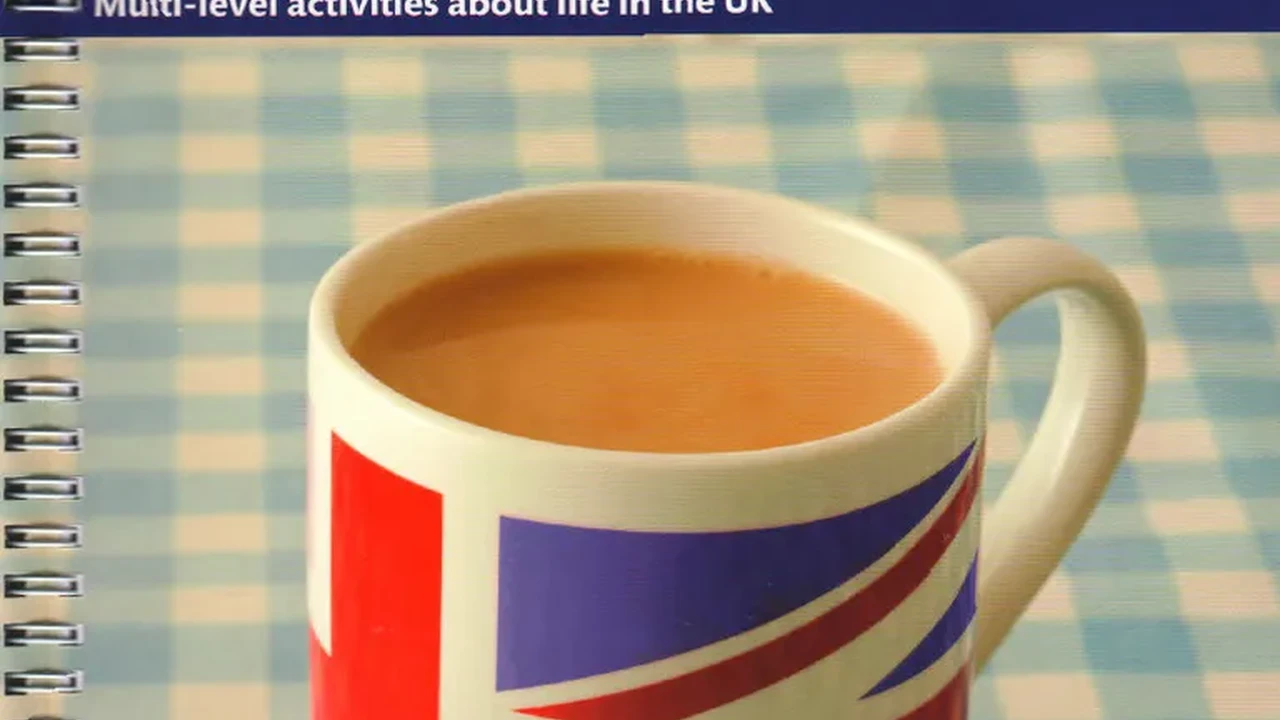Exploring British Cider: A Guide to Local Varieties
Sample meta description.

Discovering the Diverse World of British Cider Varieties
Alright, cider lovers, buckle up! We're diving deep into the delicious world of British cider. Forget those mass-produced, overly sweet fizzy drinks. We're talking about the real deal: handcrafted, locally-sourced cider bursting with character and flavour. From scrumpy to sparkling, there's a British cider out there for everyone. Let's explore!
Understanding British Cider Making Techniques and Regional Differences
So, what makes British cider so special? It all starts with the apples. Britain boasts a rich heritage of cider apple varieties, each contributing unique characteristics to the final product. These apples are often higher in tannins than dessert apples, giving cider its distinctive dryness and complexity. The cider-making process itself can vary widely, from traditional methods involving horse-powered presses to more modern techniques. This diversity, combined with regional variations in apple varieties and fermentation processes, results in a stunning array of cider styles.
Think of it like wine. Just as the terroir (soil, climate, and environment) influences the taste of wine grapes, the same is true for cider apples. Ciders from the West Country (Somerset, Devon, Cornwall) are often known for their robust, earthy flavours, while those from East Anglia may be lighter and fruitier. It's a delicious journey of discovery!
Exploring Specific British Cider Varieties and Their Unique Characteristics
Now, let's get down to the nitty-gritty and explore some specific cider varieties. You'll find ciders categorized by sweetness (dry, medium, sweet) and style (still, sparkling). Dry ciders are naturally fermented, meaning all the sugars have been converted to alcohol. Sweet ciders retain some residual sugar, giving them a sweeter taste. Still ciders are uncarbonated, while sparkling ciders undergo a secondary fermentation to create those delightful bubbles.
Here are a few popular categories and examples:
- Scrumpy: The quintessential rough-and-ready cider, often unfiltered and with a strong, earthy flavour. Think of it as the punk rock of ciders.
- Farmhouse Cider: Made on a small scale, often using traditional methods. These ciders tend to be complex and full of character.
- Single Variety Cider: Crafted from a single type of apple, allowing the unique characteristics of that apple to shine through.
- Perry: Similar to cider, but made from pears. Perry tends to be lighter and more delicate than cider.
British Cider Product Recommendations Usage Scenarios and Pricing
Okay, enough talk! Let's get to the good stuff: recommendations. Here are a few British ciders to try, along with suggested usage scenarios and approximate pricing (prices may vary depending on location and retailer):
- Thatchers Gold (Medium Dry): A widely available and reliable choice. It's crisp, refreshing, and easy to drink.
- Usage Scenario: Perfect for a sunny afternoon in the garden, a BBQ, or a casual pub session.
- Approximate Price: £2-£3 per pint
- Westons Vintage Reserve (Dry): A more complex and sophisticated cider with a distinct apple flavour and a dry finish.
- Usage Scenario: Ideal for pairing with cheese and charcuterie, or enjoying as an aperitif.
- Approximate Price: £3-£4 per 500ml bottle
- Brothers Toffee Apple Cider (Sweet): A sweet and fruity cider with a distinct toffee apple flavour.
- Usage Scenario: A great option for those who prefer sweeter drinks, or as a dessert cider.
- Approximate Price: £2-£3 per 500ml bottle
- Sheppy's 200 (Medium): A family-run cider maker producing proper Somerset cider. This one is a balanced medium.
- Usage Scenario: A good all-rounder, goes well with hearty meals, or just for sipping.
- Approximate Price: £3-£4 per 500ml bottle
- Dunkertons Organic Cider (Dry): A premium organic cider, clean, crisp and refreshing.
- Usage Scenario: For the discerning cider drinker, perhaps with a nice cheese board.
- Approximate Price: £4-£5 per 500ml bottle
Comparing Different British Cider Styles Flavors and Price Points
Let's break down the differences between these ciders a bit further. Thatchers Gold is a great entry point – it's affordable and widely available, making it a safe bet for most palates. Westons Vintage Reserve, on the other hand, offers a more refined experience with its drier finish and more complex flavour profile. It's a step up in terms of both price and sophistication. Brothers Toffee Apple Cider caters to those with a sweet tooth, providing a fun and flavourful alternative to traditional ciders. Sheppy's offers a good balance and a taste of traditional Somerset cider making. Dunkertons, being organic, appeals to a specific market willing to pay a premium for that quality.
Consider your personal preferences and the occasion when choosing a cider. Are you looking for a refreshing drink to enjoy in the sun? Thatchers Gold might be your best bet. Are you planning a cheese and wine night? Westons Vintage Reserve would be a great complement. Do you want something sweet and fun? Go for the Brothers Toffee Apple.
Exploring British Cider and Food Pairing Suggestions
Cider isn't just a drink; it's a culinary experience! Pairing cider with food can elevate both the cider and the dish. Here are a few suggestions:
- Dry Cider: Pairs well with strong cheeses, charcuterie, roast pork, and spicy dishes. The dryness of the cider cuts through the richness of the food.
- Medium Cider: A versatile option that goes well with a wide range of foods, including chicken, fish, and salads.
- Sweet Cider: Complements desserts, fruit salads, and blue cheese. The sweetness of the cider balances the sweetness of the dessert or the saltiness of the cheese.
- Scrumpy: Great with hearty pub fare like sausage rolls, ploughman's lunches, and steak pies.
Don't be afraid to experiment and find your own perfect pairings! The key is to balance the flavours and textures of the cider and the food.
Where to Find and Purchase Authentic British Cider Selections
So, where can you find these delicious British ciders? Many supermarkets and off-licences stock a selection of popular brands. However, for a wider range and more authentic experience, consider visiting a local farm shop, cider mill, or specialist retailer. You can also find a great selection of British ciders online. Look for retailers that specialise in craft ciders and offer a variety of styles and brands.
And that's it! You're now armed with the knowledge to explore the wonderful world of British cider. Go forth, sample, and discover your new favourite! Cheers!
:max_bytes(150000):strip_icc()/277019-baked-pork-chops-with-cream-of-mushroom-soup-DDMFS-beauty-4x3-BG-7505-5762b731cf30447d9cbbbbbf387beafa.jpg)





